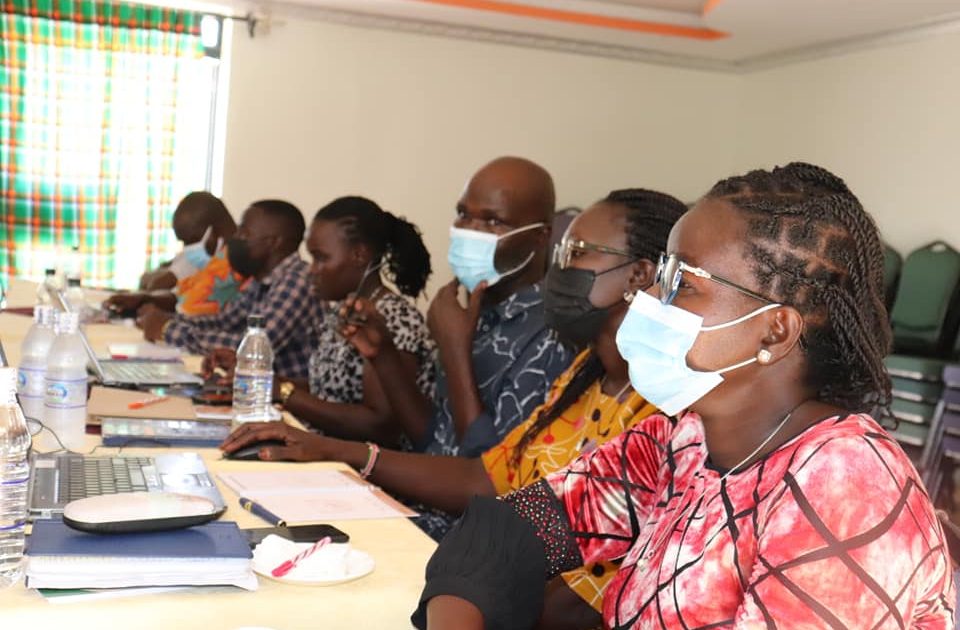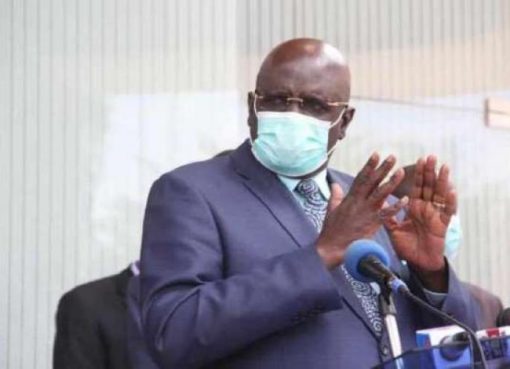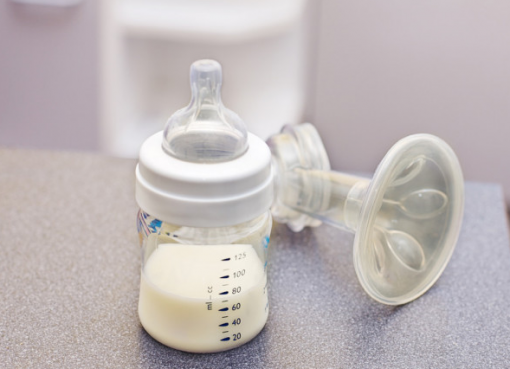A County Health technical team met with USAID Nawiri to scrutinise the organisation’s planned study to determine if there is a correlation between poor hygiene and the persistent malnutrition among children under five years in Turkana.
The study, which is slated to be carried in Turkana South Sub-county, brought together a technical team from the headquarters and sub-county team from the laboratory, Water, Sanitation and Hygiene (WASH) and public health.
The study seeks to identify the faecal pathogen profiles and transmission pathway that the organisation has hypothesised that diarrhoea, mostly due to poor hygiene, could be one of the causes of malnutrition in the county.
In Turkana, one in every five children are considered to be wasted while one in three is stunted due to malnutrition.
Dr Bonventure Ameyo who is the Director of Preventive and Promotive health, said that policy is made robust when it is based on evidence as is likely with this study’s findings.
“It is important to identify different entry points in the life cycle from infancy through childhood and adolescence for possible interventions that work towards reducing mortality in general, reduction in under-5 mortality being the most challenging,” he said.
He added that by generating evidence about the range of household feco-oral pathogens that predispose children to malnutrition and vice versa will be crucial in informing policy decisions locally.
Gabriel Ekuwan, the Head of USAID Nawiri – Turkana, said the organisation had carried out various studies for the last one year and half to determine the causes of persistent acute malnutrition in Turkana.
And all the studies, carried out in partnership with the county government, have given direction for interrogation on the current approaches and decision making on data and findings.
“Analysing the research findings, has made USAID Nawiri and the county government to be responsive to challenges and also develop strategies to address the challenges,” he said.
After the presentation of the study’s methodology, the plenary session the county health team shared their concerns such as sample size, sample collection and analysis, criteria of the study and use of county government laboratory facilities.
Deputy Director, Health Promotion and Disease Control Daniel Esimit urged USAID Nawiri to capacity build the county government health officers on research protocols to enable them to carry out their own studies.
By Peter Gitonga




